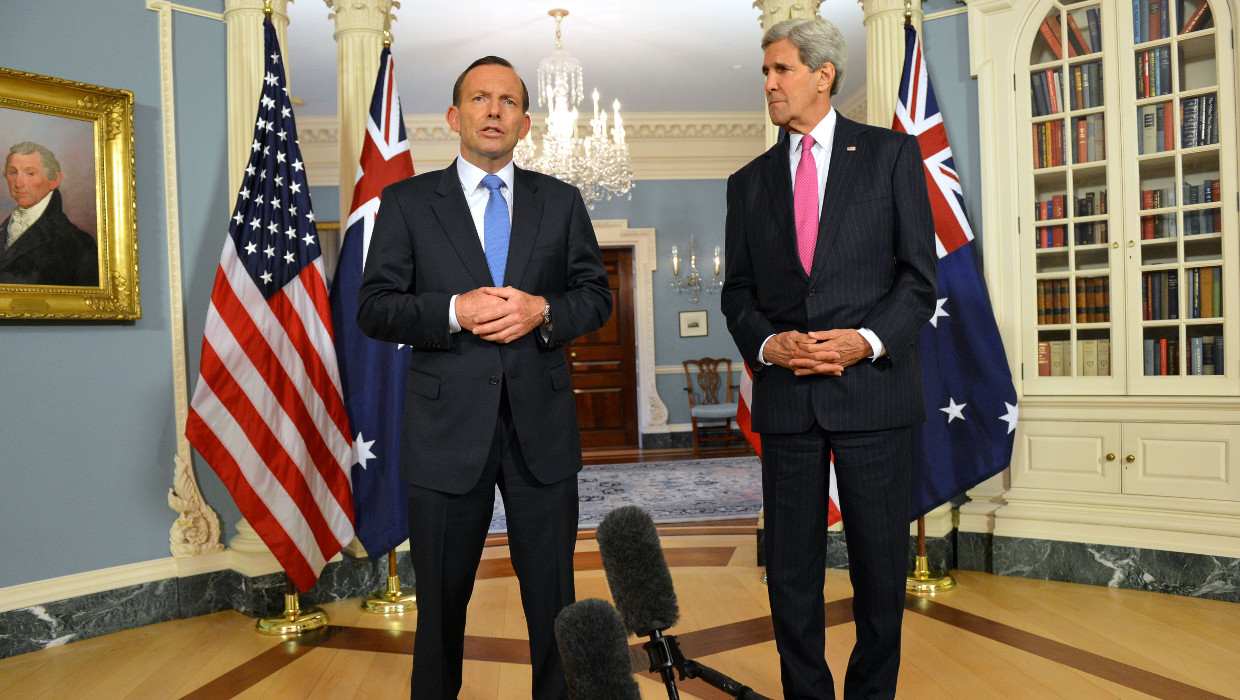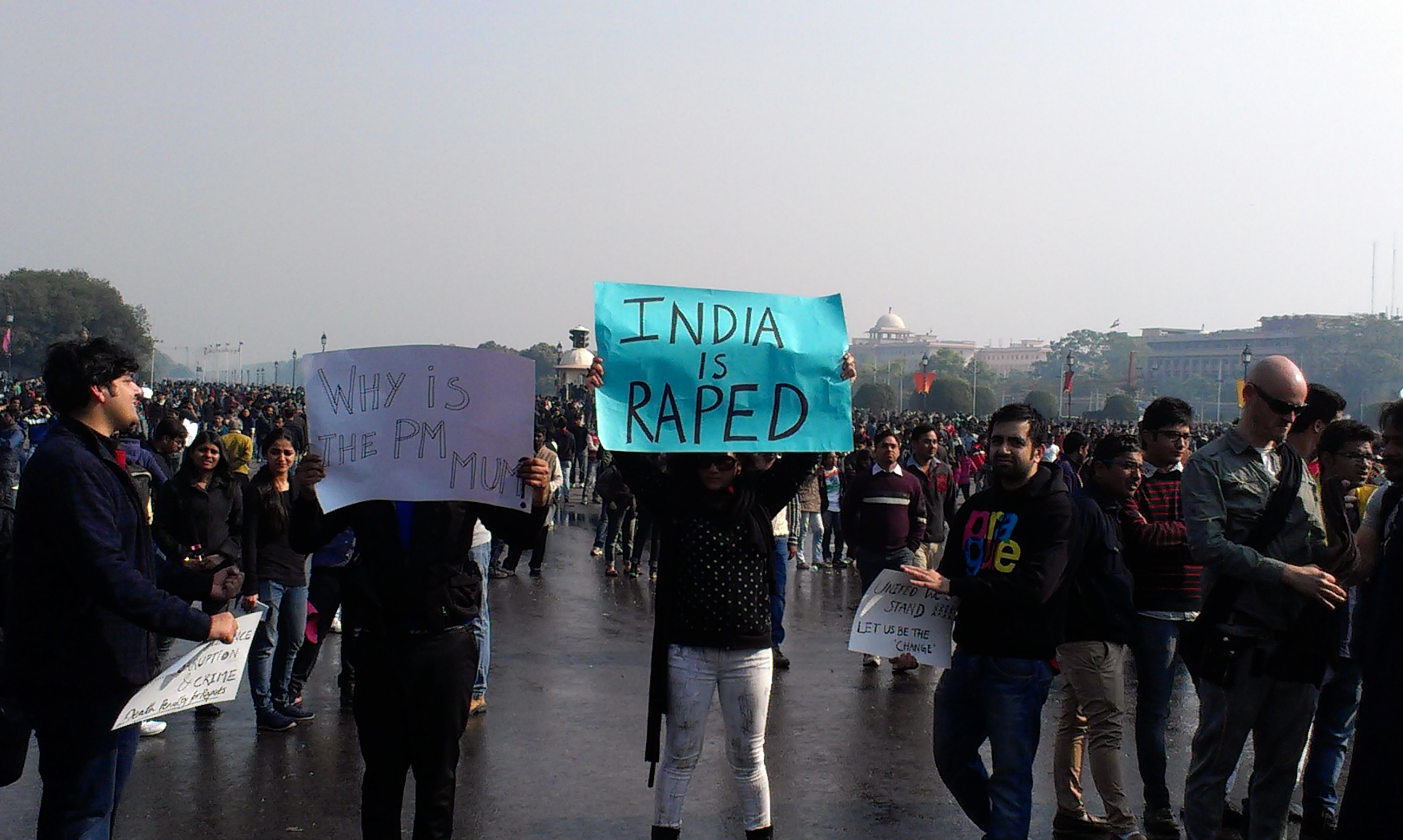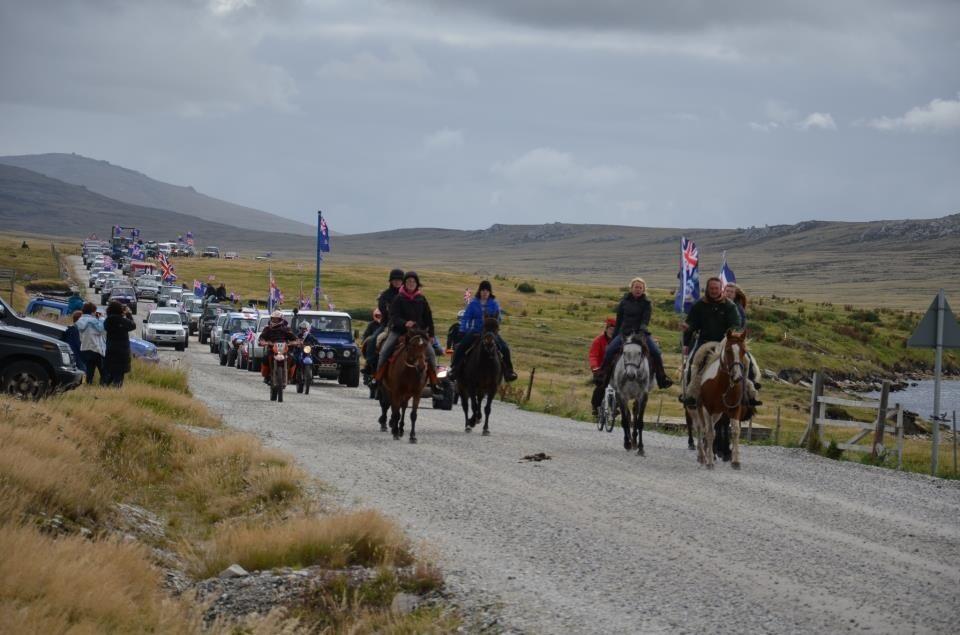Australia is one of the latest countries to toughen its penalties for the disclosure of sensitive information.
On the first of October the Australian parliament approved a set of new national security laws proposed by the Attorney-General, George Brandis. The suite of bills is designed to target foreign and domestic terrorists by strengthening communications monitoring and extending the powers of the Australian Security Intelligence Organisation (ASIO), the country’s national security service and a member of the “Five Eyes” surveillance agreement. Some of the provisions include civil and criminal immunity for ASIO officers while on special operations, the possibility for ASIO to spy on an undisclosed number of computers in a network with a single warrant, and punishment for up to 10 years for “unauthorised disclosure of information relating to a special intelligence operation”.
In the wake of Wikileaks and the Snowden affair, and with the Global War on Terrorism in its umpteenth resurgence, Australia is not alone in justifying tougher measures against sensitive leaks in the name of security. This map takes a closer look at some of the latest developments in western countries regarding whistleblowers and source protection, and how they’re regarded by human rights organisations.
Sources: Reporters Without Borders; Transparency International; Amnesty International; Press Gazette








